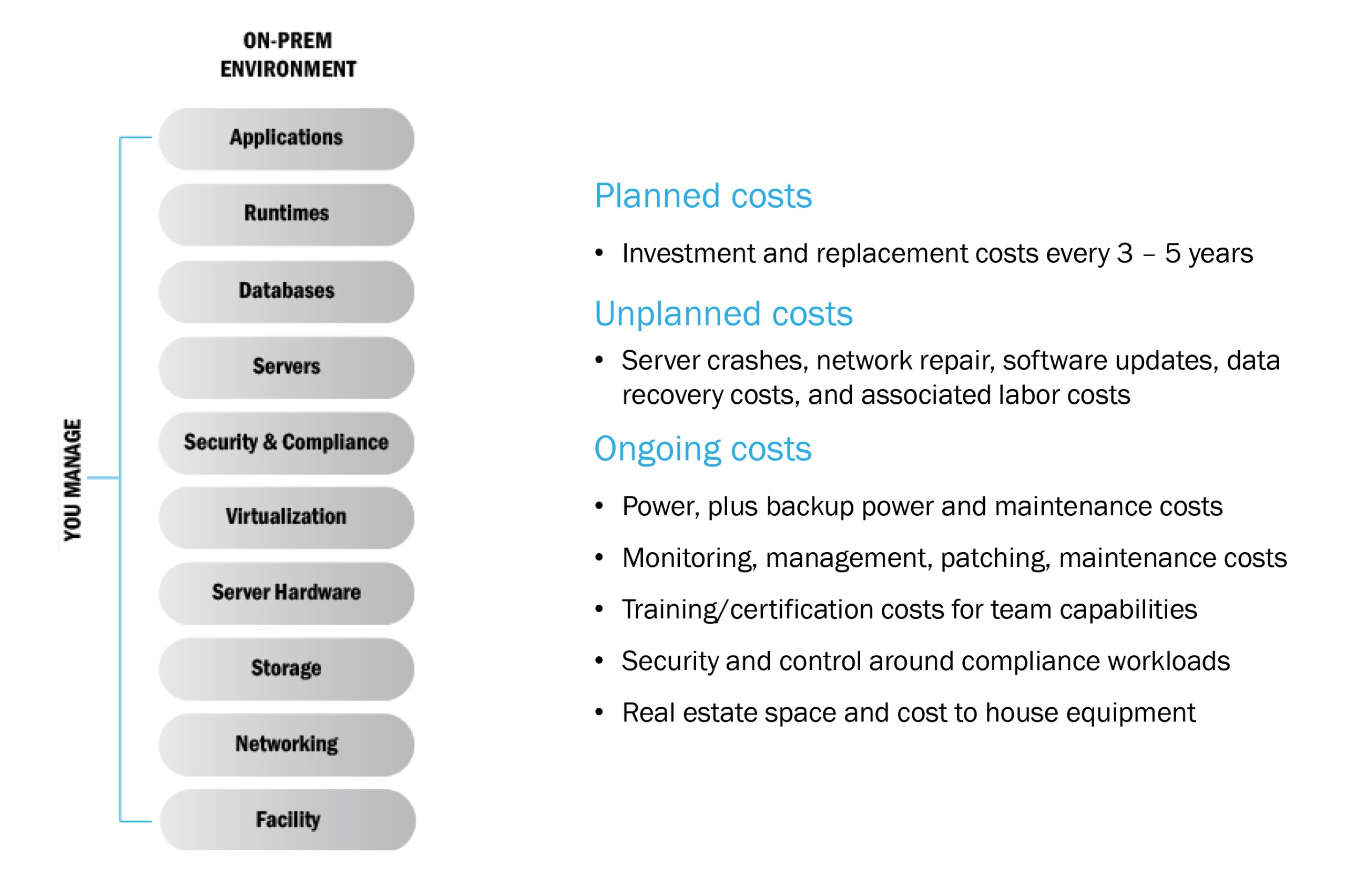8135 NE Evergreen Parkway, Suite 1220, Hillsboro, OR 97124
400 S. Akard Dallas, TX 7520
11680 Hayden Rd Manassas, VA 20109
8135 NE Evergreen Parkway, Suite 1220, Hillsboro, OR 97124
400 S. Akard Dallas, TX 7520
11680 Hayden Rd Manassas, VA 20109

Are you wondering what the benefits of colocation services are for your business? It’s more than convenience. Enhanced security, increased connectivity, and scalability are just the tip of the iceberg when it comes to what colocation can offer.
Curious to find out how these advantages can transform your IT infrastructure and elevate your business to new heights of efficiency and productivity? Stay tuned to uncover the full spectrum of benefits that colocation services bring to the table.
To achieve best cost efficiency when evaluating colocation services, prioritize understanding the key factors that influence pricing and aligning them with your business requirements. When delving into data center colocation pricing, it’s vital to contemplate various aspects that contribute to colocation cost. Factors such as location, power needs, bandwidth requirements, and additional services can greatly impact colocation services pricing.
Begin by evaluating your business’s specific needs and objectives. Understanding your requirements is essential to determining which colocation services will offer the best value for your investment. By aligning these needs with the pricing structures of different providers, you can make informed decisions that optimize cost efficiency.
Colocation cost isn’t just about finding the lowest price; it’s about balancing cost with the quality of services provided. Consider the security features, redundancy options, connectivity offerings, support services, and SLAs that each provider offers. These decision-making factors play a vital role in determining the overall value of the colocation services you select.

Understanding the scalability options offered by colocation service providers is pivotal in guaranteeing your business can adapt and grow seamlessly within its chosen data center environment. When evaluating colocation pricing, scalability options play a critical role in determining the flexibility and futureproofing of your infrastructure. Scalability refers to the ability to easily adjust resources like bandwidth, storage, and computing power as your business needs evolve. It’s essential to assess the scalability options provided by colocation service providers to make sure that your IT environment can expand or contract according to demand without incurring unnecessary costs.
Colocation pricing structures often include different tiers or plans that offer varying levels of scalability. By choosing a colo pricing package that aligns with your current needs while allowing room for growth, you can optimize your costs and avoid overpaying for unused resources. Scalability options may also involve the availability of additional services such as managed hosting, virtualization support, or cloud connectivity, which can further enhance your ability to scale efficiently.
When considering scalability options in colocation services, it’s essential to conduct a thorough analysis of your business requirements and growth projections. By selecting a provider that offers flexible and cost-effective scalability options, you can make sure that your IT infrastructure remains flexible and responsive to changing demands while maximizing the value of your colocation investment.
Enhanced security plays a significant role in safeguarding your business’s critical data and infrastructure within a colocation environment. When considering colocation services, it’s essential to understand the security measures in place to protect your assets.
Here are some key aspects related to colocation security features, data center security, and physical security:
Ensuring high-quality redundancy and reliability in your colocation services setup is paramount for maintaining seamless operations and safeguarding your critical infrastructure. When it comes to the redundancy in colocation, having multiple layers of backup systems is critical. This includes redundant power sources, network connections, and cooling systems to guarantee continuous operation even in the event of a failure.
Reliability of colocation services is directly tied to the colocation data center uptime. A reliable provider will have a track record of high availability and minimal downtime, backed by strong infrastructure and proactive maintenance protocols.
To enhance redundancy, colocation facilities often implement measures like N+1 redundancy, where there’s more capacity than needed to handle potential failures. This setup ensures that if one component fails, there are redundant systems in place to seamlessly take over, maintaining operations without disruption.
When evaluating colocation providers, inquire about their redundancy measures and uptime guarantees. Understanding the reliability of colocation services is essential for mitigating risks and ensuring consistent access to your critical data and applications.
Implementing advanced networking solutions can greatly enhance the connectivity capabilities of your colocation services setup, ensuring top performance and reliability for your critical infrastructure. When evaluating colocation services, connectivity options play a pivotal role in determining the effectiveness of your setup.
When evaluating colocation services, the disaster recovery capabilities of a facility are paramount to safeguarding your critical infrastructure in times of crisis. Understanding how colocation rack space pricing, server colocation pricing, and colocation hosting pricing influence disaster recovery readiness is vital for making an informed decision.
Strong disaster recovery capabilities within a colocation facility can greatly enhance your business continuity strategies. By evaluating the disaster recovery provisions offered by different providers, you can determine the level of protection your data and operations will have during unforeseen events.
Colocation rack space pricing may correlate with the redundancy measures in place, such as backup power systems, data replication services, and network resilience. Investing in server colocation pricing that includes thorough disaster recovery solutions can mitigate risks associated with downtime and data loss.
In addition, colocation hosting pricing should align with the disaster recovery features provided, ensuring that your investment not only meets your budgetary requirements but also offers the necessary safeguards for your business operations. Prioritizing disaster recovery capabilities in your evaluation of colocation services demonstrates a proactive approach to risk management and underscores the importance of mitigating potential disruptions.
When considering expert support services in colocation, it’s essential to assess the range of support options available and the availability of technical assistance. Expert support can provide vital assistance in resolving complex technical issues and ensuring the smooth operation of your infrastructure. Evaluating the level of support offered can greatly impact the overall effectiveness and efficiency of your colocation services.
Explore the array of expert support services available to bolster your colocation experience and guarantee seamless operations. Our support options include:
To maximize the benefits of colocation services, ensuring prompt access to expert technical assistance around the clock is paramount in maintaining the efficiency and reliability of your operations. Having access to skilled professionals can address any issues swiftly, minimizing downtime and potential disruptions to your business.
Expert support services offer a strategic advantage by providing immediate solutions to complex technical challenges, ensuring seamless operations and best performance. Whether it’s troubleshooting network configurations, optimizing server setups, or addressing security concerns, technical assistance availability ensures that your infrastructure remains strong and dependable.
To optimize performance, you must focus on speed and efficiency, leveraging colocation services to enhance your operations. Resource sharing benefits allow for cost-effective utilization of infrastructure, optimizing your investment. Network significance factors play a key role in ensuring uninterrupted service delivery, a key aspect of performance optimization in colocation services.
Enhance the speed and efficiency of your colocation services through strategic performance optimization techniques. By implementing the following strategies, you can make sure your colocation services operate at peak performance:
Fine-tune your colocation services for peak performance by leveraging the advantages of resource sharing benefits. Sharing resources such as power, cooling systems, and physical security within a colocation facility optimizes performance and efficiency. By pooling these resources, you can benefit from economies of scale, making sure that your infrastructure operates at its best while reducing costs. Additionally, resource sharing allows for better utilization of hardware and bandwidth, leading to improved overall performance and responsiveness. With shared resources, you can scale your operations more effectively, accommodating growth without compromising on performance. Leveraging resource sharing in colocation services is a strategic way to enhance your infrastructure’s capabilities and make sure performance levels for your business needs.
By optimizing network reliability factors, you can greatly enhance performance and streamline operations within your colocation environment.
When considering network reliability, focus on these key factors:
To guarantee compliance with regulations, businesses can benefit from seeking assistance in managing complex regulatory requirements when choosing colocation services. Regulatory compliance assistance is a vital aspect of colocation services, especially for industries like healthcare, finance, and government that have stringent data protection regulations to follow. When selecting a colocation provider, make sure they offer support and guidance to navigate these regulatory frameworks effectively.
A reputable colocation service provider should have experience in assisting businesses with compliance requirements such as HIPAA, GDPR, or PCI DSS. They can offer insights into how their infrastructure and security measures align with these regulations, easing the burden on your business to interpret and implement compliance measures independently. Additionally, they can provide documentation and evidence of compliance for audits and regulatory checks.
When considering colocation services for your business, exploring Business Continuity Solutions becomes imperative to safeguard against potential disruptions and guarantee uninterrupted operations. Implementing strong business continuity strategies can greatly enhance your resilience to unforeseen events and ensure seamless operations.
Here are key elements to consider:
When comparing colocation pricing to traditional data center costs, you should consider factors such as:
Understanding these elements is vital in evaluating the overall cost and value of colocation services. By focusing on value for money rather than just the lowest cost, you can make informed decisions that align with your business requirements and long-term goals.
When evaluating the scalability options of a colocation service, consider factors like future growth projections, flexibility in resource allocation, and support for rapid expansion. Assess the provider’s ability to accommodate increased demands for space, power, and connectivity as your business evolves. Look for scalable solutions that align with your long-term goals and can adapt to changing requirements seamlessly. Prioritize guarantee scalability to make sure your colocation service can grow alongside your business needs effectively.
When evaluating regulatory compliance requirements for businesses, colocation services offer secure environments that meet various industry standards. They provide controlled access, redundant systems, and monitoring tools to guarantee data protection and privacy.
When ensuring redundancy and reliability in colocation facilities, multiple measures are key. Redundant power sources, backup generators, diverse network connections, and meticulous monitoring play pivotal roles. These safeguards bolster uptime and mitigate risks of service disruptions.
Implementing failover mechanisms and strong security protocols further fortify the facility’s resilience. Such thorough strategies underscore the commitment to delivering dependable colocation services.
When evaluating colocation providers for disaster recovery capabilities, consider factors like redundancy, failover systems, and data replication mechanisms. Look for providers offering geographically diverse facilities, strong backup solutions, and rapid recovery processes. Confirm their disaster recovery plans align with your business continuity needs and regulatory requirements.
By choosing colocation services, you aren’t just improving your IT infrastructure, but also setting your business up for success in the digital age.
The cost efficiency, scalability options, enhanced security, and expert support services available through colocation providers coincide perfectly with your organization’s need for efficiency, productivity, and innovation. Embrace the benefits of colocation services and watch your business reach new heights of performance and reliability!